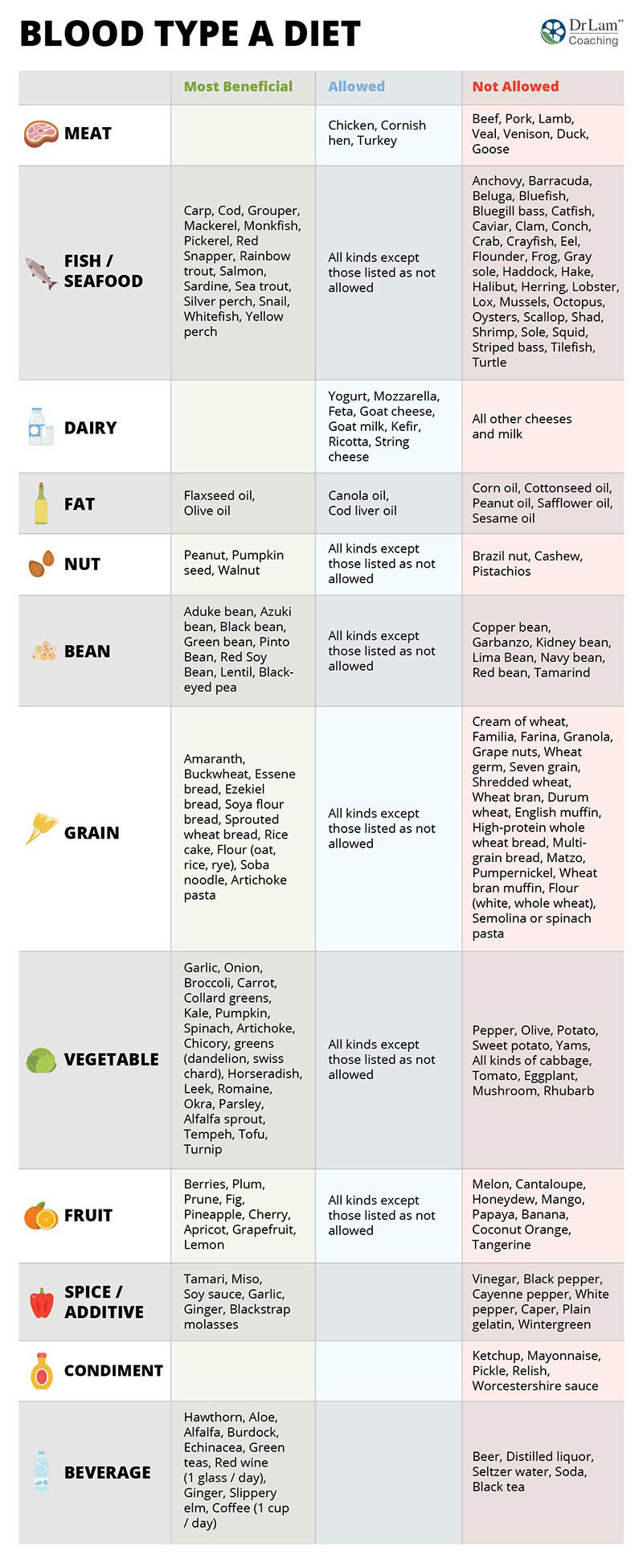Apply Now
Essential Guide to Opossums Diet for 2025
As we dive into 2025, understanding the nature of an opossum's diet is more crucial than ever. Opossums, the only marsupials native to North America, play a vital ecological role, particularly in pest control. An effective opossum diet is essential for their health, well-being, and their interactions within their ecosystem. In this article, we will explore what do opossums eat, their nutritional needs, and how their feeding habits can affect their health and the environment.
When it comes to caring for these unique creatures, knowing the types of food for opossums is not just beneficial; it's essential. This guide will provide insights into opossum nutritional requirements, seasonal diet changes, and strategies for feeding both wild and captive opossums. Understanding their eating patterns helps ensure they thrive in diverse habitats, while educating pet owners about best practices in opossum care.
We will break down the best food for opossums, including fruits, vegetables, and protein sources, while addressing common myths and mistakes regarding opossum food. Additionally, we will discuss feeding guidelines that promote a balanced diet for these omnivorous mammals.
By the end of this article, you'll have a solid grasp of opossum dietary needs, empowering you to make informed choices for your pet or the opossums you encounter in the wild. Let's embark on this journey into the world of opossums and discover their feeding habits!
Understanding Opossum Dietary Needs
Building on the basics of an opossum's diet, it's important to understand what constitutes their dietary needs. Opossums have an omnivorous diet, which means they require a variety of foods to meet their nutritional requirements. These include protein sources, fats, carbohydrates, vitamins, and minerals.
The digestion of these nutrients is crucial for maintaining good health; their unique digestive habits can process a wide range of food types. Notably, opossums can consume insects, fruits, and even rotting plants, showcasing their adaptability. However, understanding what they can and cannot eat is vital in avoiding health risks and ensuring their dietary needs are met.
To maintain balance, a variety of food types must be incorporated into their diet. Fruits are a common favorite, such as apples and bananas, while vegetables like carrots and leafy greens are also beneficial. Commercial opossum food can provide essential nutrients, alongside healthy opossum treats, to enhance their diet.
When considering how to care for opossums, it’s essential to recognize how domestic opossums in captivity have specific requirements that may differ from wild opossums. Wild opossums often have a more varied diet based on seasonal availability, further emphasizing the importance of research into their eating patterns to ensure their nutrition is balanced.
Food Preferences and Opossum Feeding Habits
Understanding opossum food preferences can enhance their well-being, especially for pet owners or those involved in rehabilitation efforts. Opossums exhibit specific eating habits and preferences that can guide the types of food provided. Common food among opossums includes fruits, vegetables, insects, and even carrion, demonstrating their opportunistic feeding nature.
In wild settings, opossums often forage for food at night, aligning with their nocturnal behavior. This foraging behavior contributes to their role in pest control, as they consume various garden pests, including insects and small rodents. Understanding opossum eating behavior is essential for anyone designing gardens or landscapes, as their natural presence can aid in controlling unwanted critters.
Additionally, seasonal changes heavily influence their diet. During warmer months, opossums tend to have access to more fruits and vegetation, while winter prompts them to rely more on protein-rich foods available in their habitats. This adaptation underscores the importance of being aware of local opossum eating patterns for effective management in wildlife settings.
When feeding opossums, whether domestically or in wild rehabilitation practices, it is crucial to avoid common mistakes. Certain foods, such as chocolate or avocados, can be harmful and should never be included in their diet. Thus, an understanding of appropriate feeding guidelines ensures they remain healthy and vibrant.
Top Sources of Protein for Opossums
When considering the dietary needs of opossums, protein sources are an essential component of their diet. Protein is crucial for growth, muscle repair, and overall health. In the wild, opossums often target various insects: crickets, worms, and even small rodents can provide necessary protein content.
For pet opossums, providing safe protein-rich foods can be accomplished through various means. Feeding insects, such as mealworms or crickets, can mimic their natural diet and promote health. Additionally, high-quality dog food or specialized commercial opossum food can serve as effective meal options, ensuring they receive balanced nutrition.
However, it’s essential to manage the amount of protein in an opossum's diet to prevent obesity, especially for those kept in captivity. Monitoring their weight can provide insights into whether their protein intake is appropriate or excessive. Alongside this, introducing protein-rich snacks can also be beneficial, promoting healthy exploration of feeding habits.
Opossums also appreciate treats like scrambled eggs or cooked chicken; however, these should be offered sparingly. A balanced diet approach should still prioritize vegetables and fruits while incorporating protein. This diversity in their diet helps maintain a healthy metabolism and mitigates the risks associated with improper feeding.
As we continue exploring opossum diets, discussing safe and healthy fruits and snacks they enjoy will further enhance understanding of ensuring a balanced nutritional intake.
Its part of generated content. Can i generate another part?

